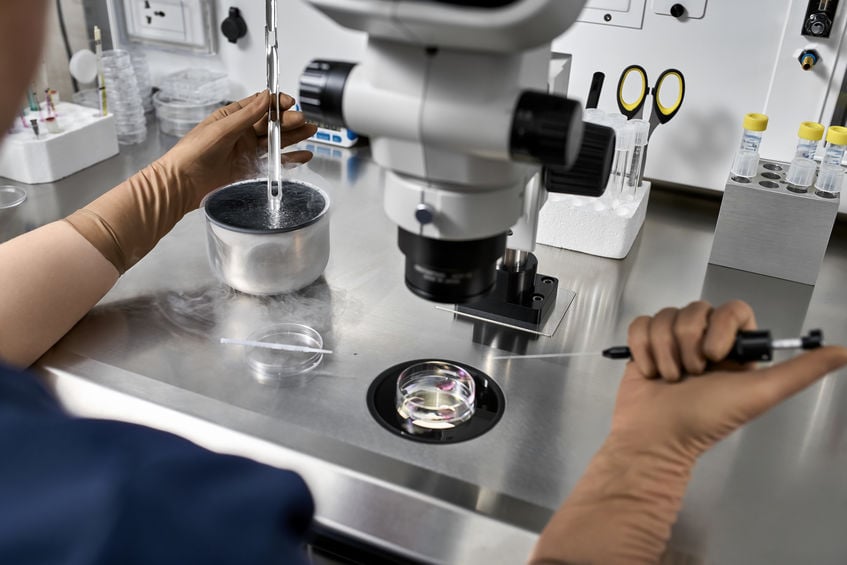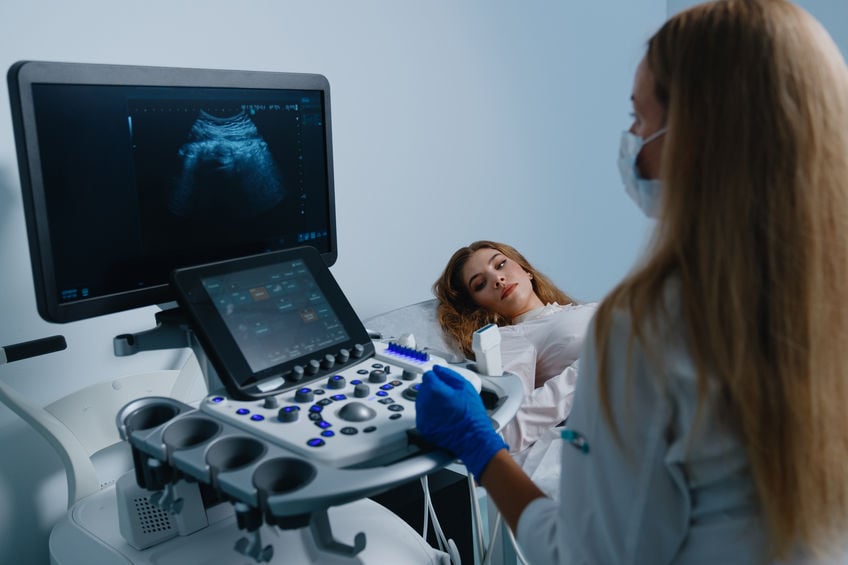Need Help With Your Fertility?
Fertility issues can be frustrating for couples trying to conceive. Over 6.7 American couples have problems conceiving due to fertility issues. Infertility can bring a host of questions and fears. The logical step would be to go to a family doctor. While a general practitioner can give base-level information and perform simple tests, hopeful couples should see a fertility specialist for detailed answers.

A doctor you can trust
General practitioners would recommend a fertility specialist to patients with fertility concerns. A fertility doctor is an OB/GYN that specializes in infertility issues. This particular type of doctor treats and manages problems specific to the reproductive organs. These include complications with menopause, reproductive diseases, and much more. Reproductive specialists have extensive knowledge in the reproductive system, taking additional years to study and become board certified.
What is a REI?
While endocrinologists deal with the endocrine system, endocrine-related diseases such as diabetes and thyroid disorders and hormones, a reproductive endocrinologist is an OB/GYN with a surgical subspeciality in reproductive medicine. An OB/GYN who is board-certified in reproductive endocrinology and infertility (REI) addresses hormonal function as it relates to reproduction and infertility.
Reproductive endocrinologists provide ART
One of the main jobs of the fertility specialist is to administer fertility treatments called assisted reproductive technologies (ART). These are a range of techniques that combine medicine and technology to produce pregnancies. A simple method, for instance, is intrauterine insemination (IUI). However, the gold standard is in vitro fertilization (IVF). IVF involves extracting eggs and sperm, combining the samples in a lab, and implanting the new embryo. The fertility specialist will perform extraction and implantation. Finally, for women looking to achieve egg freezing, the doctor will complete this as well.
They treat common infertility issues
When reproductive endocrinologists aren’t performing ART, these doctors are treating reproductive conditions. Most of these conditions can lead to infertility. The doctor may use and recommend different treatments, including surgery, to fix these underlying issues. Common conditions include:
- Diminished sperm count
- Endometriosis
- Ovulation issues
- Male-factor infertility
- Hyperprolactinemia
- Polycystic ovary syndrome (PCOS)
- Miscarriages
- Reproductive cancers
After treating these conditions, the reproductive endocrinologist may transfer the patient to a family OB/GYN. This doctor can continue to monitor the patient’s reproductive health.
When should you visit an REI?
Knowing when to seek help can be tricky. Trying to conceive over a year without success might be a driving factor. Next, irregularities in menstrual cycles, pelvic pain, history of reproductive problems, and in some cases, sexually transmitted diseases. Age is also a factor. For instance, women over 35 with difficulties getting pregnant may want to seek a specialist first. Specialists can present the options available and alleviate some fears and anxiety.
Help is on the way
If there’s a reason behind infertility or reproductive organ symptoms, a fertility specialist can help. Specifically, a reproductive endocrinologist or infertility OB/GYN can diagnose and treat conditions. Best of all, this doctor can perform techniques like IVF if there is an infertility issue. Patients are in the right hands since this expert has done years of work in the reproductive field. Ask a family doctor to recommend an REI for an infertility consultation.





